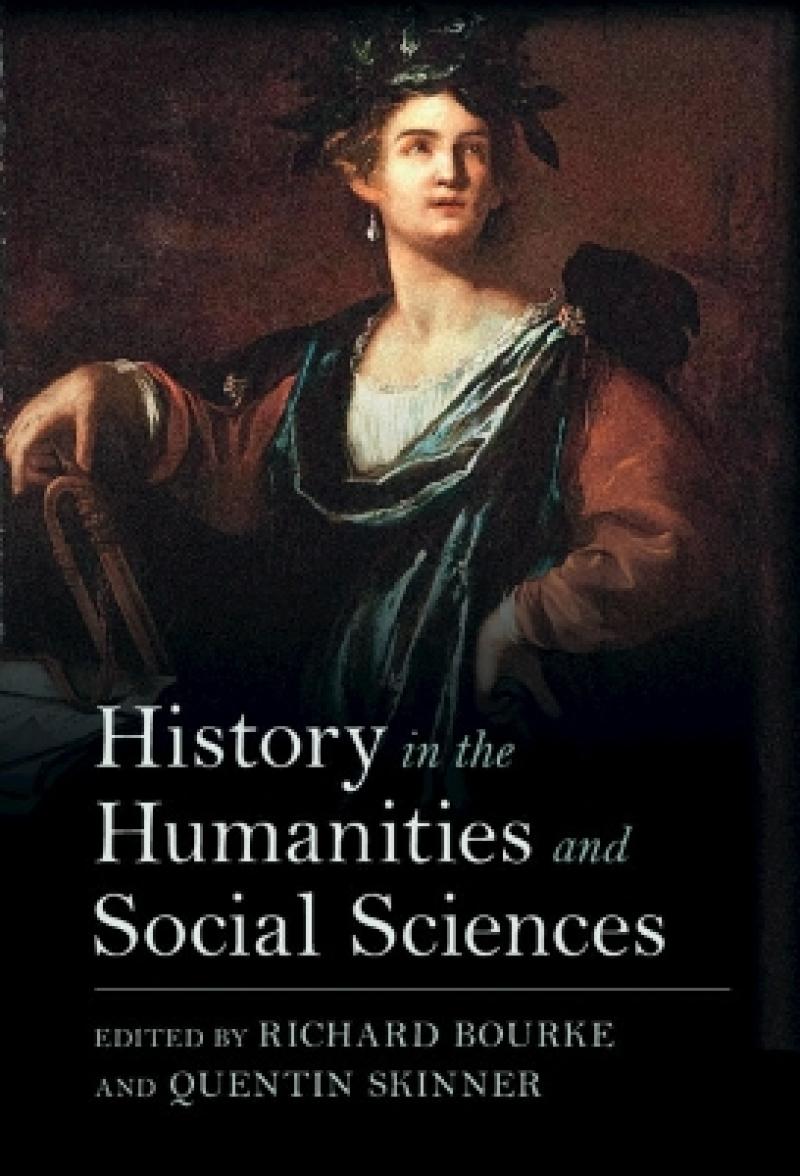This interdisciplinary volume explores the relationship between history and a range of disciplines in the humanities and social sciences: economics, political science, political theory, international relations, sociology, philosophy, law, literature and anthropology. The relevance of historical approaches within these disciplines has shifted over the centuries. Many of them, like law and economics, originally depended on self-consciously historical procedures. These included the marshalling of evidence from past experience, philological techniques and source criticism. Between the late nineteenth and the middle of the twentieth century, the influence of new methods of research, many indebted to models favoured by the natural sciences, such as statistical, analytical or empirical approaches, secured an expanding intellectual authority while the hegemony of historical methods declined in relative terms. In the aftermath of this change, the essays collected in History in the Humanities and Social Sciences reflect from a variety of angles on the relevance of historical concerns to representative disciplines as they are configured today.
Les mer
Introduction; 1. Law and history, history and law Michael Lobban; 2. History, law, and the rediscovery of social theory Samuel Moyn; 3. The uses of history in the study of international politics Jennifer Pitts; 4. International relations theory and modern international order: the case of refugees Mira Siegelberg; 5. The Delphi syndrome: using history in the social sciences Stathis Kalyvas and Daniel Fedorowycz; 6. Power in narrative and narratives of power in historical sociology Hazem Kandil; 7. History and normativity in political theory: the case of Rawls Richard Bourke; 8. Political philosophy and the uses of history Quentin Skinner; 9. The relationship between philosophy and its history Susan James; 10. When reason does not see you: feminism at the intersection of history and philosophy Hannah Dawson; 11. On (lost and found) analytical history in political science Ira Katznelson; 12. Making history: poetry and prosopopoeia Cathy Shrank; 13. Reloading the British Romantic canon: the historical editing of literary texts Pamela Clemit; 14. Economics and history: analysing serfdom Sheilagh Ogilvie; 15. The return of depression economics: Paul Krugman and the 21st-century crisis of American democracy Adam Tooze; 16. Anthropology and the turn to history Joel Isaac.
Les mer
Offers a collaborative exploration of the role of historical understanding in leading disciplines across the humanities and social sciences.
Produktdetaljer
ISBN
9781009231046
Publisert
2022-12-22
Utgiver
Vendor
Cambridge University Press
Vekt
760 gr
Høyde
235 mm
Bredde
157 mm
Dybde
27 mm
Aldersnivå
G, 01
Språk
Product language
Engelsk
Format
Product format
Innbundet
Antall sider
400
